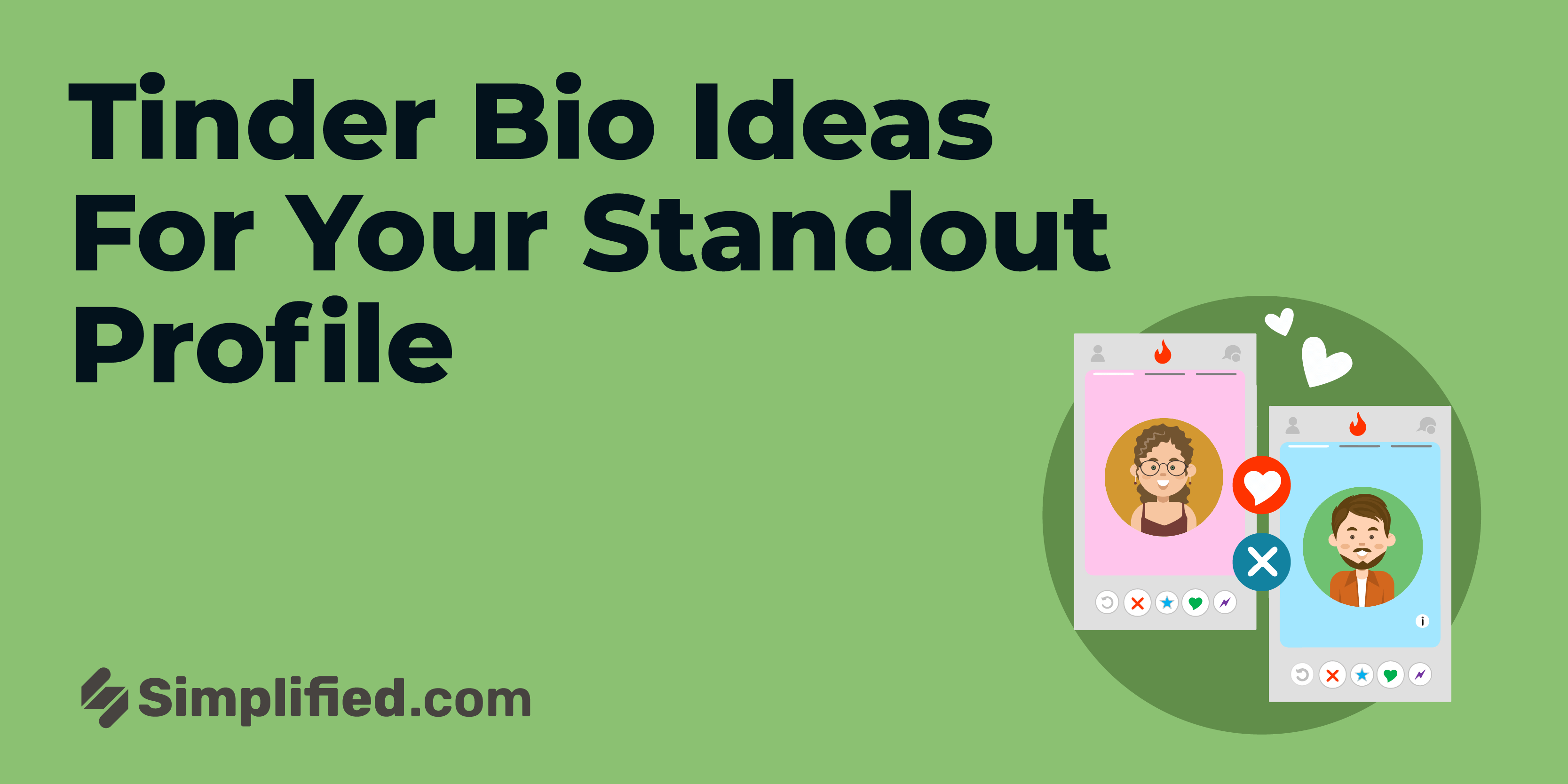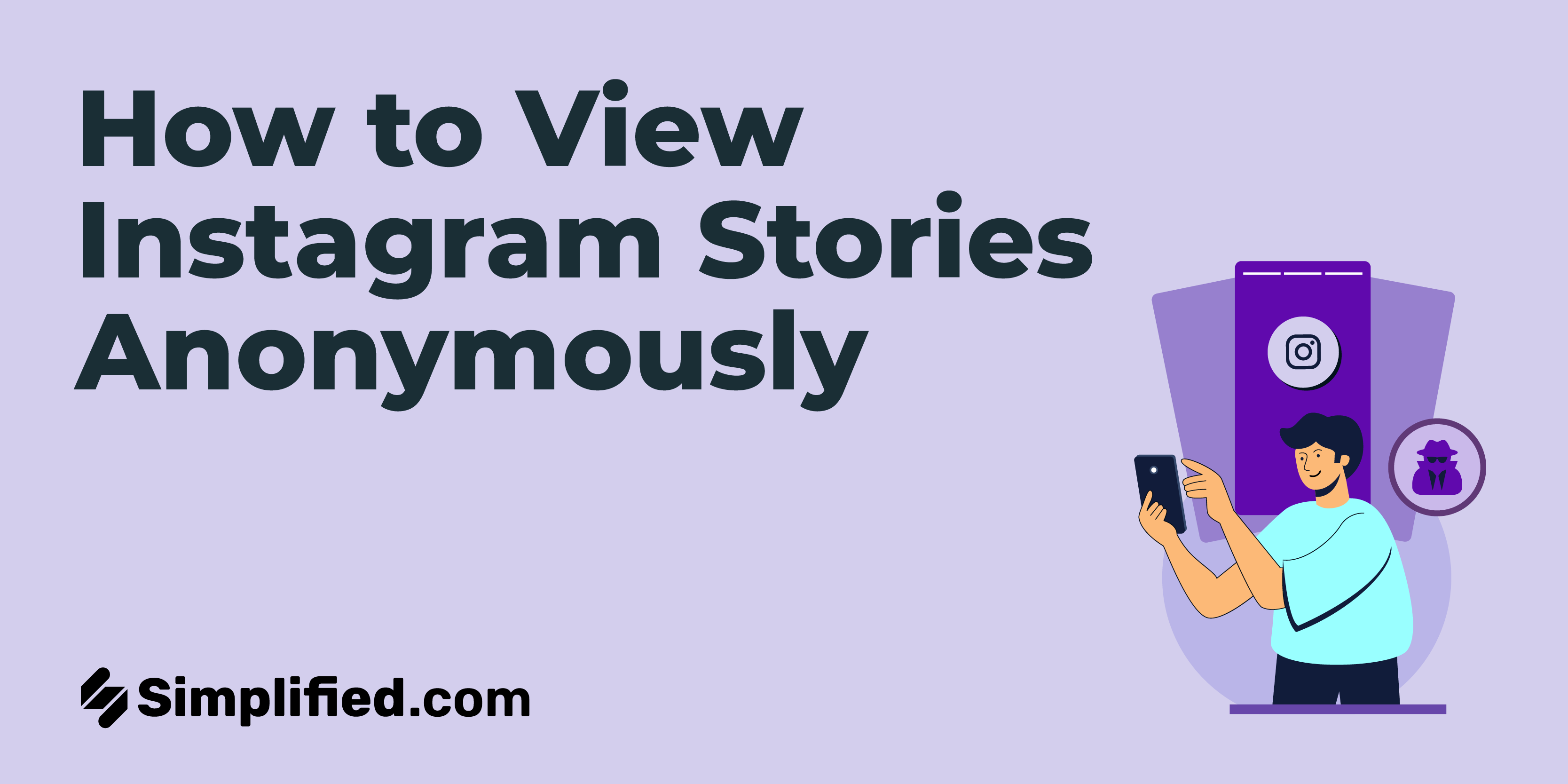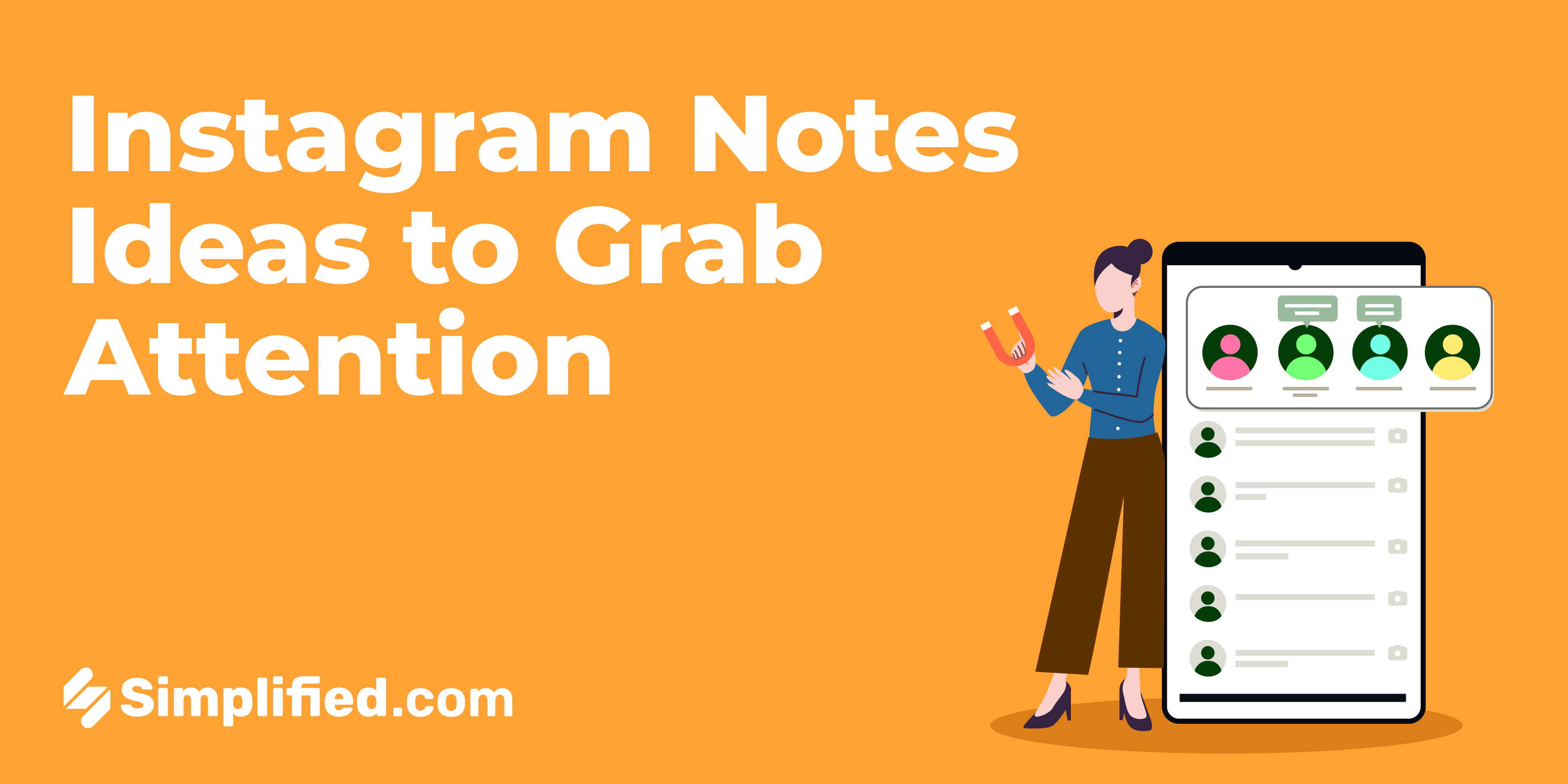What do you mean by Conversion?
Conversion involves the process of transforming a social media user into a customer by motivating them to take a specific action.
The concept of social media conversion revolves around transitioning a user from a passive follower or fan into an active participant in the brand's marketing funnel, which may include actions like making a purchase, completing a form, or subscribing to a newsletter.
How do conversions occur?
The journey to achieve conversions begins with establishing a strong following on popular social media platforms like Facebook, Twitter, Instagram, and LinkedIn. This can be accomplished by crafting engaging and shareable content, utilizing hashtags, and promoting social media profiles through other marketing channels.
Once a significant following is established, the next step involves building trust with the audience by consistently delivering valuable and relevant content. By driving traffic to the website, encouraging engagement and interaction, and employing social media advertising to target users who are more likely to have an interest in the brand's products or services, conversions can be increased, resulting in the transformation of followers into loyal customers and subscribers.
The key to social media conversion lies in prioritizing relationship-building with followers and providing value, rather than solely focusing on promoting products or services. By cultivating trust and offering valuable content, the brand can position itself as a reliable resource, leading to tangible business outcomes through social media.
What are methods to measure conversion?
To enhance social media conversion, brands should create compelling content tailored to their target audience. They can employ calls-to-action (CTAs) to prompt users to take specific actions and then track and analyze performance to make informed decisions based on data. Here are three ways to measure conversion:
- Click-through rate (CTR): CTR quantifies the number of clicks a social media post receives, indicating the level of interest people have in learning more about the brand's offerings.
- Conversion rate: Conversion rate measures the proportion of individuals who successfully complete a specific action, such as submitting a form or making a purchase, after clicking through from a social media post.
- Engagement rate: Engagement rate gauges the extent of interaction a social media post garners, encompassing likes, comments, and shares. A high engagement rate suggests that the content resonates with the audience and could potentially lead to increased conversions.
Why are conversions significant?
For businesses aiming to transform their social media presence into a lucrative revenue stream, social media conversion stands as a crucial metric. By focusing on generating captivating content and optimizing their social media strategy to drive conversions, brands can cultivate a devoted customer base and achieve growth in sales and revenue.
.webp)













